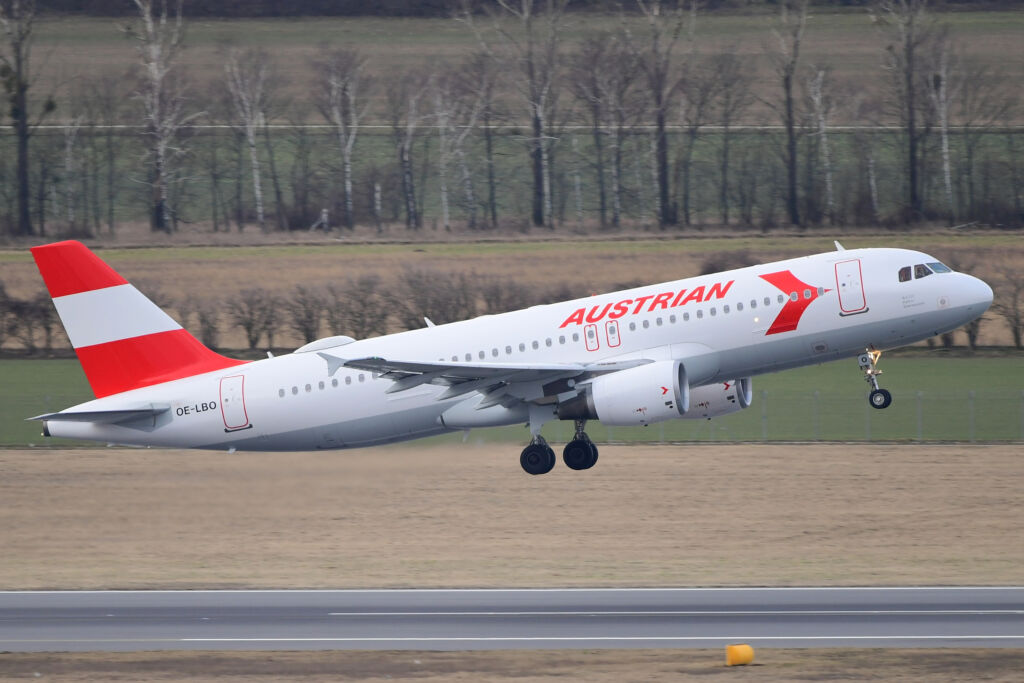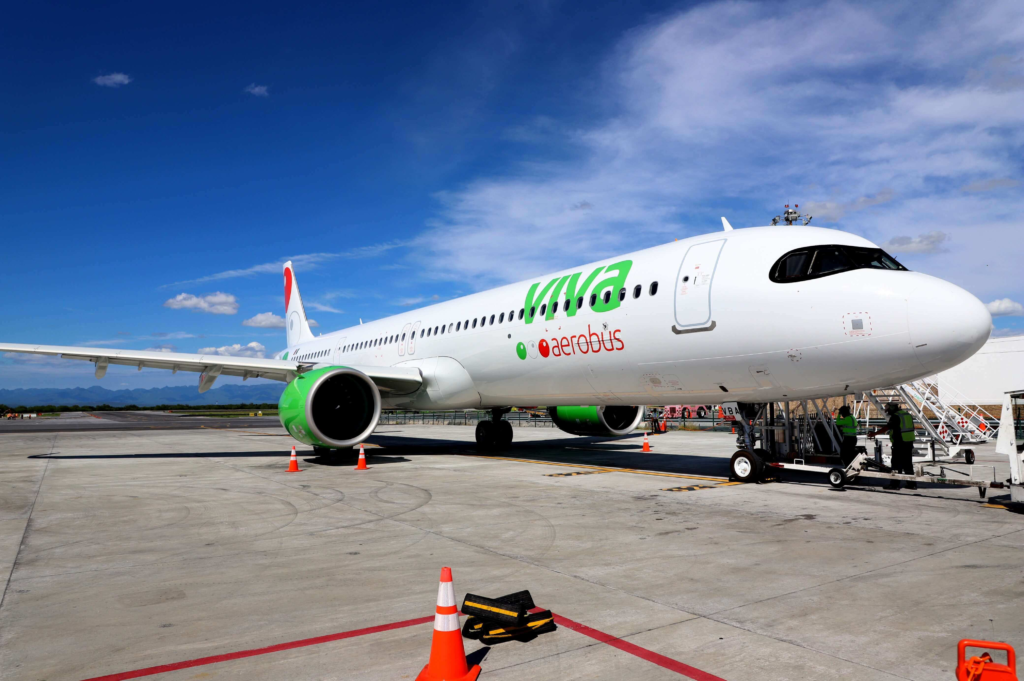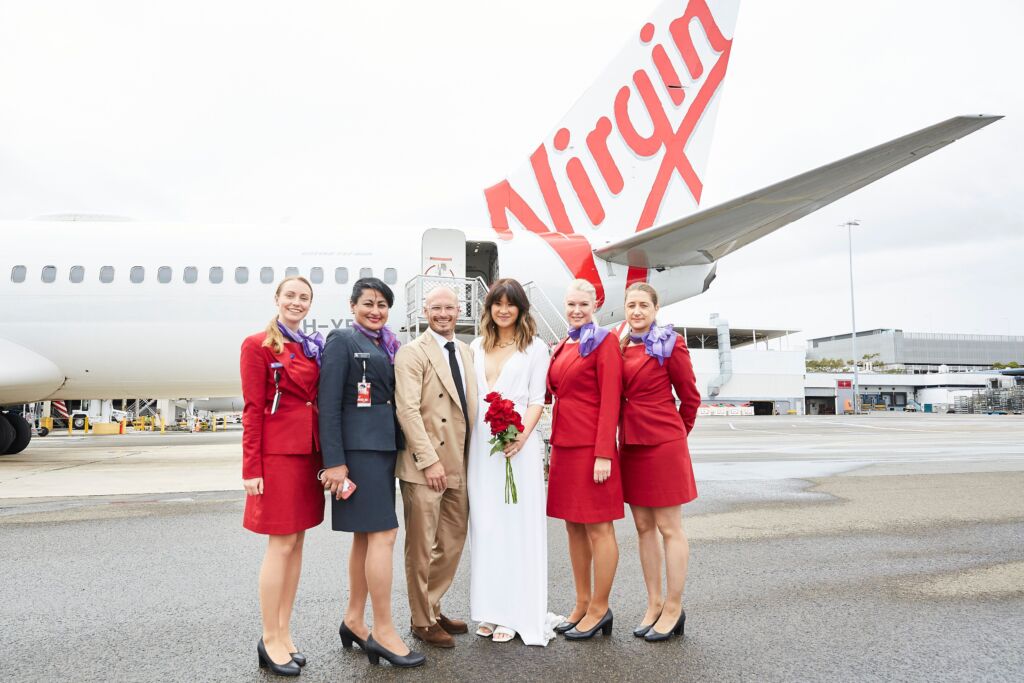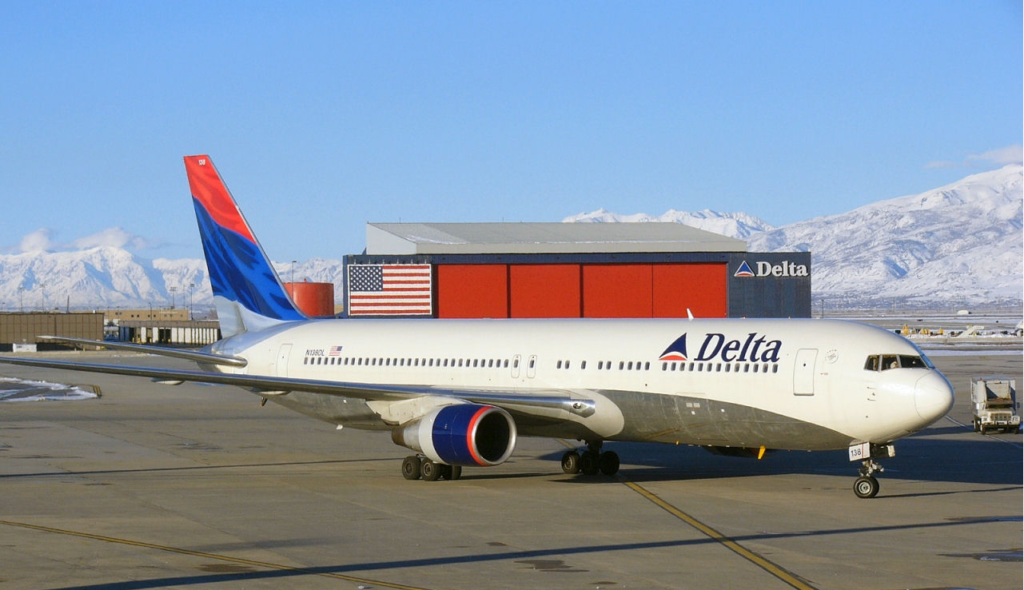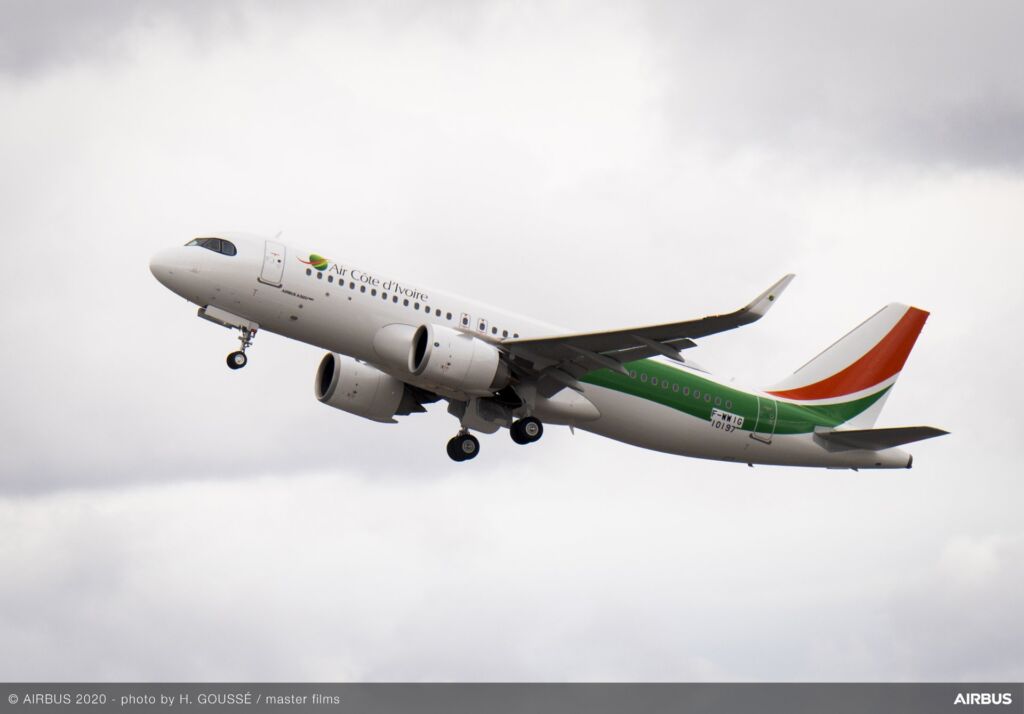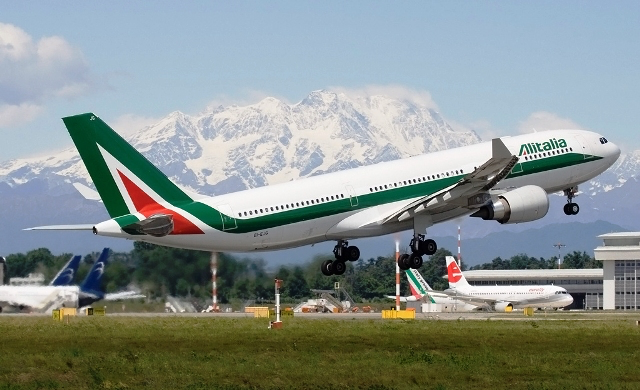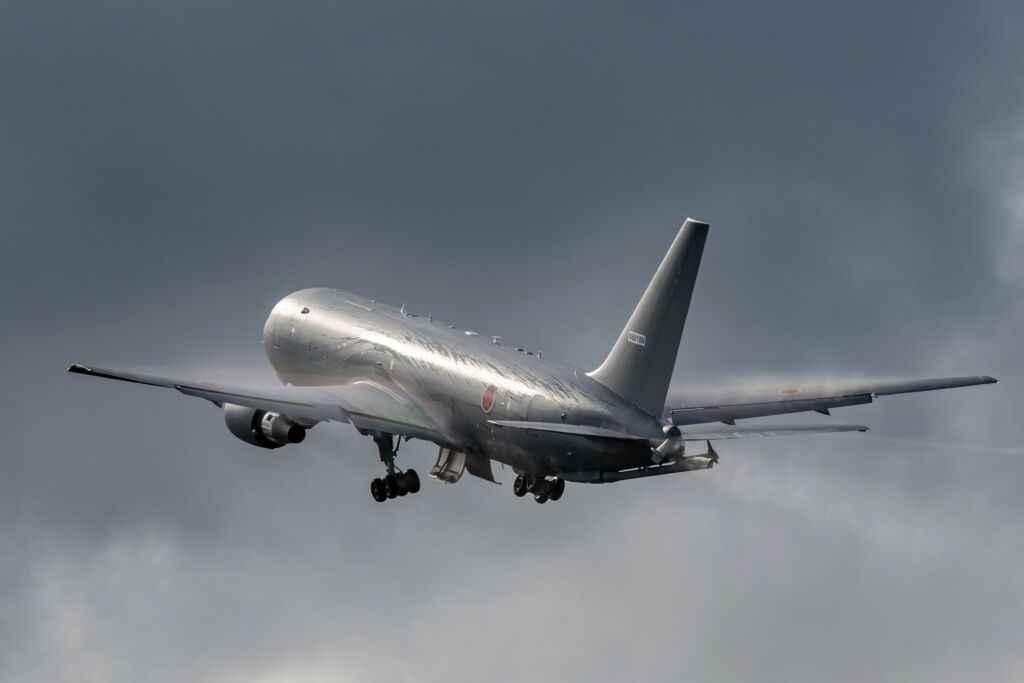Corsair Takes Delivery of its First A330neo
Toulouse, 31 March 2021 - Corsair has taken delivery of its first A330-900, on lease from Avolon, to join the French airline’s fleet. By selecting a total of five A330neo's, Corsair is executing its strategy to…

